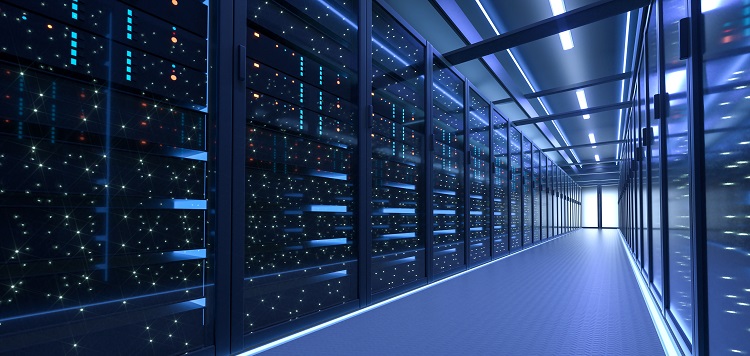Digital Edge, a leading provider of data center solutions across Asia, has announced the development of a new carrier-neutral data center facility in downtown Tokyo, Japan. The project, known as TYO7, is designed to provide much-needed interconnect-focused colocation capacity to one of the world’s largest data center markets valued at USD $2.2 billion as of 2021.
Digital Edge is known for its state-of-the-art data centers that are highly reliable, secure, and scalable. With the TYO7 project, the company aims to expand its presence in Japan and provide its customers with a reliable and efficient data center facility.
Samuel Lee, the Chief Executive Officer of Digital Edge, emphasized the importance of the TYO7 project in the company’s growth strategy. “This strategic project is another important step in our journey to build a regional platform and establish a thriving digital ecosystem across Asia,” said Lee.
TYO7’s location benefits enterprise customers
The new facility will be located in the dark fiber reach area of the Nihonbashi-Kobuna-cho district, which is close to the financial district in Tokyo. It will provide enterprise customers with an ideal location to expand their network and IT infrastructure in the metropolitan area.
The facility will be situated only 1km from Otemachi, the central network hub of Japan, and less than 300m from the company’s existing TYO2 site. TYO7’s location will make it an attractive resource for network, cloud, and enterprise customers who need retail colocation spaces in a central location.
Digital Edge offers cross-link and third-party connectivity solutions
Digital Edge understands the importance of connectivity in the data center industry. Therefore, TYO7 will provide customers with various choices to access Digital Edge’s virtual Tokyo campus and other key data centers in the metro. Cross-Link and additional third-party carrier connectivity solutions will be available to customers.
The new facility will also offer high levels of redundancy and reliability, with 2(N+1) uninterruptible power supply (UPS) and cooling systems. Security will also be tightly controlled, with 24x7x365 monitoring and access controls.
Japan’s digital transformation accelerated by the global pandemic
The global pandemic has continued to accelerate the pace of Japan’s digital transformation and its recognition as a leader in data-driven businesses. Many Japanese companies have realized the importance of digitalization and are investing heavily in their IT infrastructure.
This trend has resulted in a surge in demand for data center services in Japan, particularly in Tokyo. Digital Edge’s TYO7 project is a response to this demand, and it will ensure that the company keeps pace with the growing needs of Japanese businesses.
TYO7 is expected to be ready for service in 2025
The TYO7 project is expected to be ready for service in early 2025. The facility will operate under the Digital Edge brand name and provide much-needed interconnect-focused colocation capacity for Tokyo’s data center market.
Digital Edge is committed to providing its customers with the latest and most reliable data center solutions. The TYO7 project is just one example of its commitment to meeting the data center needs of businesses across Asia.

